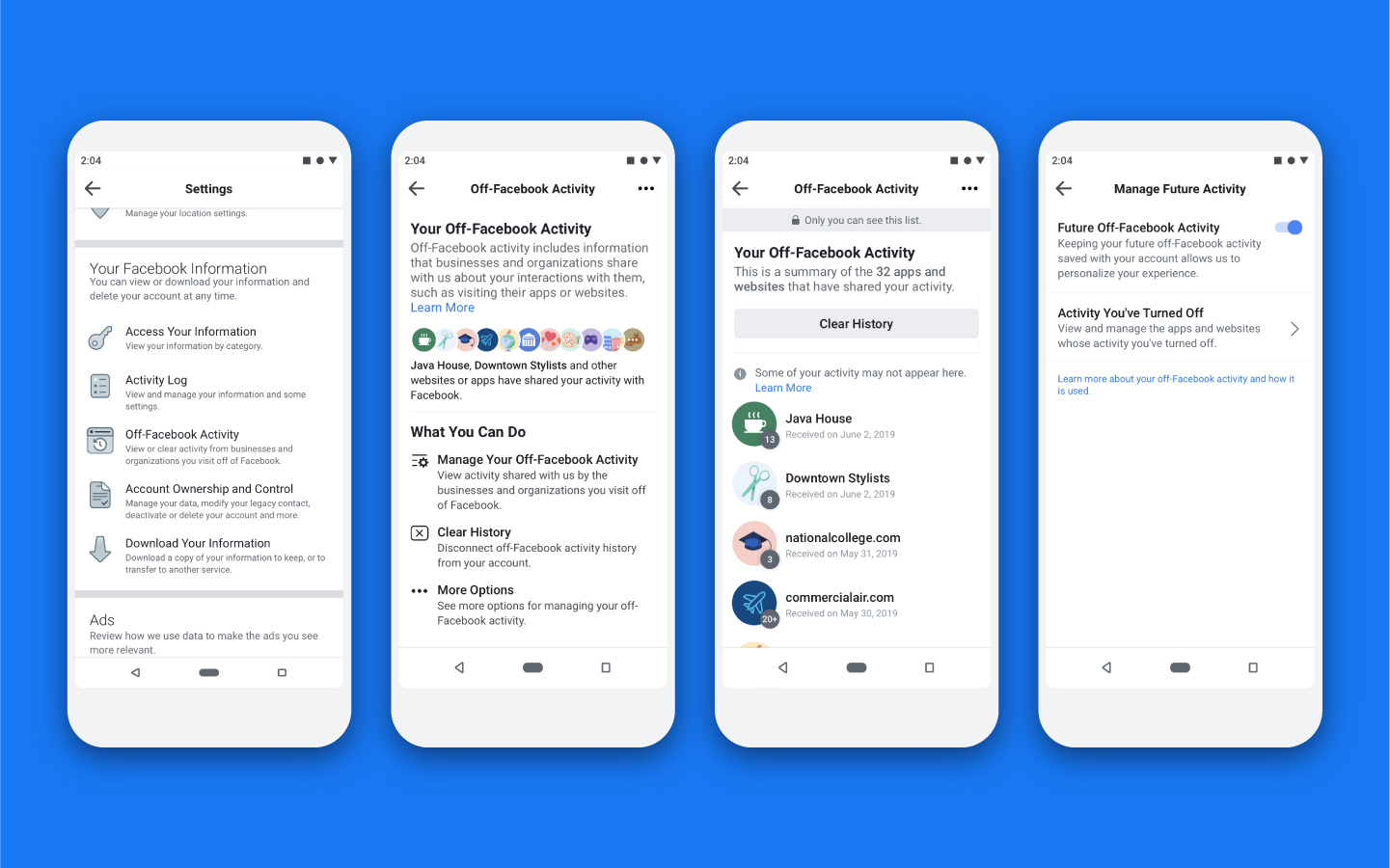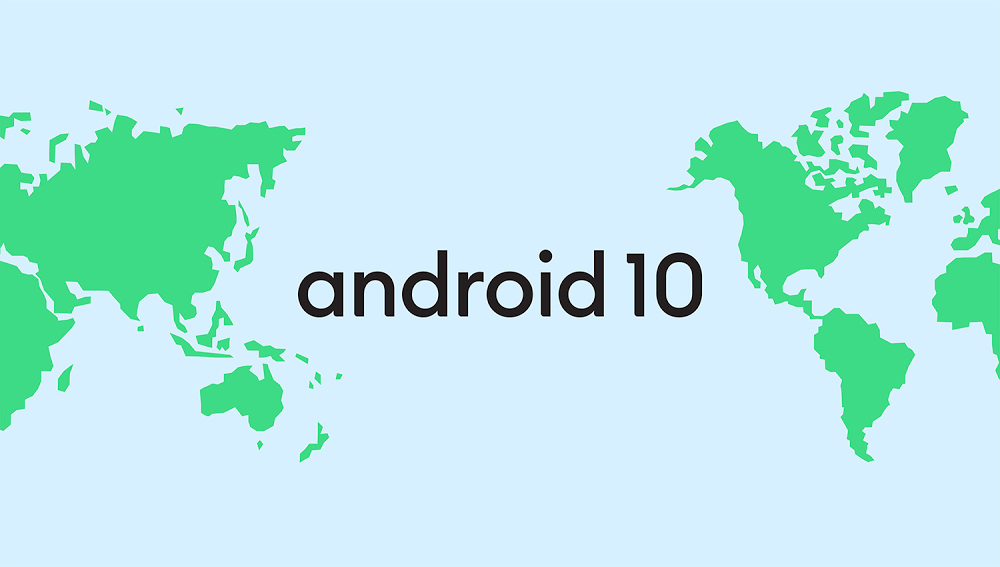Facebook’s new privacy tools are here

Last year, Facebook promised to deliver a new ‘clear history’ tool for its users in a push to prove it gave a damn about privacy. It took an entire 12 months to arrive, but it’s now beginning to roll out globally.
The ‘Clear History’ tool’s purpose is simple: clearing third party data that the company collects about you from other websites and apps. It might not be obvious, but as you browse the web, many sites quietly share data with Facebook to show you ads... which can be hard to know is even happening in the first place.
This tool is a first attempt at actually showing users that data, and providing them with a way to control what happens to it. Unfortunately, it remains fairly self-serving: Facebook won’t actually delete your data, just disconnect it from your identity in the database.
The company went to painful lengths to talk around this fact, never really outright saying that the data isn’t being deleted, instead referring to it as being “disconnected.” What this means is behind the scenes, Facebook is performing ‘soft deletes’ in the database, which is the act of retaining the data, but simply setting the user ID field in its database to ‘null.’
That Facebook won’t allow you to actually delete the data fully is very telling. It’s not willing to give up your data, it’s just trying to provide the illusion of doing it, while still retaining it for data mining in the background. If Facebook versions its database, that identity is trivial enough to recover that it’s a pointless gesture in the first place.
Yes, the data is disassociated from your identity, which is good news, and everyone should be using this... it just doesn’t really fulfill what a privacy-minded tool should do, nor is it transparent about the realities.
It’s great that Facebook is trying to provide these types of things for users finally but it’s shown even in the act of ‘helping’ users, it’s disingenuous. The company values data too much to actually delete it, and this is a move designed to appease regulators who wouldn’t understand what the implications really mean.
Worse still, you can’t opt out of that data collection in the first place, nor can you set it to be automatically deleted. Google’s privacy tools, released earlier this year, allow you to scrub your history on a schedule you choose, which is actually deleted entirely.
Data isn’t just the new oil, it’s the new refined uranium. Intrinsically valuable to the companies that rely on it, but the longer they keep it, the more likely the risk of nuclear meltdown. And, the reality is, it will melt down in the future, at some point, but the question is how bad the fallout will be.
I’m not sure we would let Google get away with this level of double-speak, and from where I sit, we now know Facebook’s stance on actually helping users: it’ll only do what it has to.
Tab Dump
Google ditches Android’s terrible dessert names

Android is getting a brand reboot, and as part of that effort, Google is ditching the awkward desert-themed names. There’s no more versioning like ‘Kit-Kat’ or ‘Donut’ because it’s confusing internationally, when numbers often make much more sense. That means Android’s next release is Android 10, which... makes life a lot easier.
Facebook’s Libra backers are trying to back away from the project
Regulators are scrutinizing the company’s cryptocurrency project, and that’s spooking some of it’s partners. While this piece doesn’t name any companies specifically, it launched with big brands like Spotify and Uber, which likely don’t want to be dragged into something that could end up being an expensive antitrust lawsuit.
Twitter and Facebook suspended hundreds of thousands of “spammy” accounts associated with China
While this is an interesting development, it appears to have used fairly blunt instruments to choose which accounts to kill. A student in Europe found himself banned from Twitter after the suspension, and he can’t figure out why.
Good read: A look at the weird and wonderful patents filed by tech companies (which often make no sense at all)
